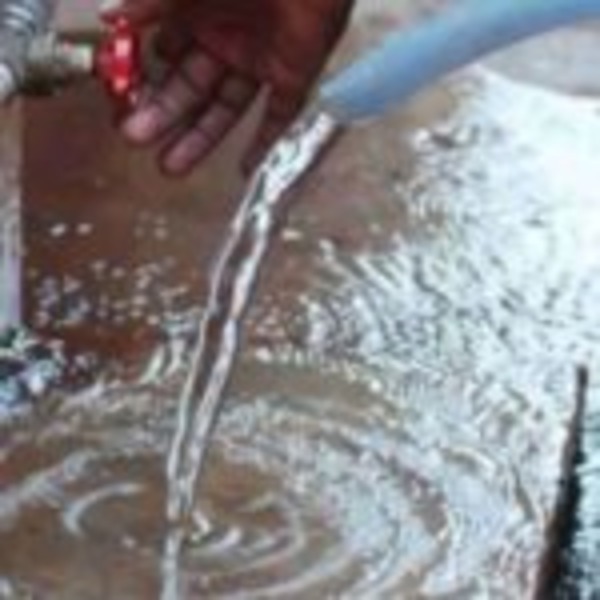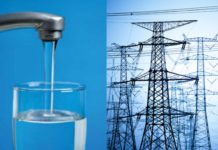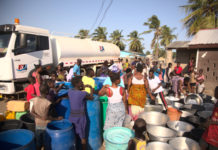
Ghana Water Limited (GWL) has disclosed that Tamale, the northern regional capital, has exceeded its water supply capacity, prompting the need for a systematic rationing approach to meet the demand.
Managing Director Dr. Clifford A. Braimah attributed this challenge to disruptions caused by urban roads during their construction works.
During a recent visit to the Northern and Savannah regions, Dr Braimah emphasized the impact of urban roads on pipelines during construction, exacerbating water supply challenges.
He advocated for a re-engineering approach to address these issues effectively.
To address the situation, GWL is contemplating the implementation of a demand management programme to ensure residents in Tamale have access to water at least once a week.
Dr Braimah stressed the need for solutions to the challenges facing the people regarding water supply, including addressing issues caused by activities of external agencies and power outages from NEDCO.
He called for the citizens’ collaboration in identifying individuals who have inland pumps in their residences.
“We are here to look at the challenges that are confronting our people regarding the supply of water and whatever interventions that we can put in immediately to resolve or to minimize those challenges.
“That’s why we are here. We were with us this morning at RCC when we spoke to the Minister about the support we need from the Regional Security Committee, because there are some of the challenges, for example in Tamale, that are a result of activities of agencies and not Ghana Water Company.”
“We depend on NEDCO 100% for production or for us to power their machines. At any time NEDCO power, flat twist, our systems go off. So you could have your systems working properly, because of inadequate power you are unable to deliver.
“However, we have our challenges because Tamale has outgrown the capacity that we now have. So, all we can do is to have a systematic rationing process or demand management programme so that at least everybody in Tamale will have water at least once a week.”
ALSO READ:


![Tamale water crisis: Irate Tishigu residents storm GWCL office [Video]](https://www.adomonline.com/wp-content/uploads/2024/03/WhatsApp-Image-2024-03-23-at-15.38.51-218x150.jpeg)




